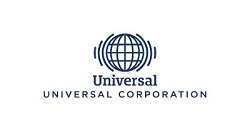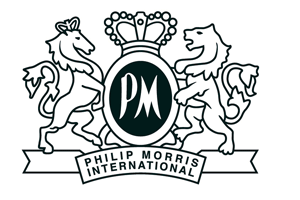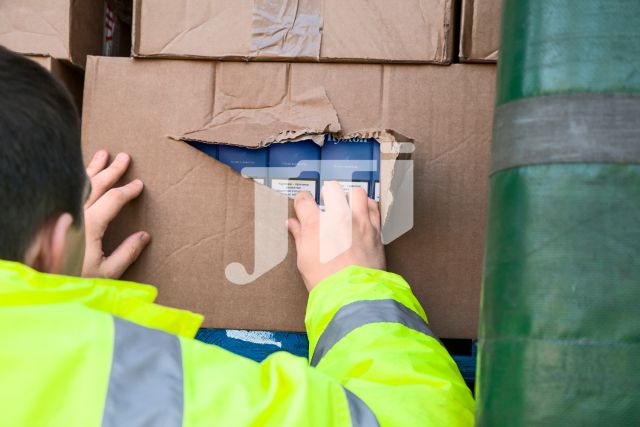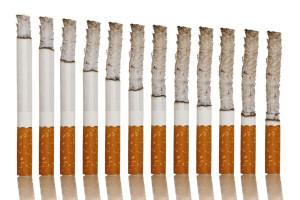Philip Morris International’s cigarette shipment volume during the second quarter to the end of June, at 193,540 million, was down by 7.5 per cent on that of the second quarter of 2016, 209,289 million.
Volume increased by 1.4 percent to 21,553 million in its Latin America and Canada region, but it fell in each of its other three regions: by 1.3 percent to 49,758 million in the EU; by 5.7 percent to 64,414 in its Eastern Europe and Middle East (EEMA) region; and by 16.6 percent to 57,815 million in its Asia region.
Cigarette shipments of Marlboro were down by 1.8 percent to 68,830 million, while those of L&M where down by 4.8 percent to 23,369 million. Cigarette shipments of Chesterfield rose by 17.7 percent to 13,652 million; those of Parliament fell by 6.2 percent to 11,169 million; those of Bond Street fell by 9.5 percent to 10,278 million; those of Philip Morris increased by 42.4 percent to 12,688 million; and those of Lark fell by 24.5 percent to 5,688 million.
The 2017 second-quarter declines were offset to some extent by an increase in sales of heated tobacco units from 1,157 million during the second quarter of 2016 to 6,350 during the second quarter of 2017. Sales of heated tobacco units were increased in all regions: in the EU from 31 million to 392 million; in the EEMA from eight million to 229 million; in the Asia region from 1,118 million to 5,726 million; and in the Latin America and Canada region from zero to three million.
Taken together, cigarette and heated tobacco unit volume during the second quarter, at 199,890 million, was down by 5.0 percent on that of the second quarter of 2016, 210,446 million.
PMI reported that its total shipment volume of cigarettes and heated tobacco units during the six months to the end of June, at 377,877 million, was down by 7.1 percent on that of the six months to the end of June 2016, 406,940 million. The decline, excluding net estimated inventory movements, was put at 6.3 percent. It was said to have been principally due to the company’s performance in Asia, notably in Indonesia, but also in Pakistan and the Philippines, reflecting ongoing declines of primarily low-margin cigarette volumes; and due to its performance in the EEMA.
Meanwhile, PMI’s cigarette volume during the six months to the end of June, at 367,092 million, was down by 9.4 percent on that of the six months to the end of June 2016, 405,330 million. This fall was said to have been due to: its performance in the EU, principally in Italy and Spain, partly offset by that in Poland; in the EEMA region, reflecting declines across the region, notably in Russia and Ukraine; in the Asia region, principally in Indonesia, Japan, Pakistan and the Philippines; and in the Latin America & Canada region, principally in Argentina, Brazil and Canada. However, the decline in cigarette shipment volume was partly offset by a higher heated tobacco unit shipment volume up from 1.6 billion units during the first six months of 2016 to 10.8 billion units during the first six month of this year, driven by its performance in Japan.
Reported diluted earnings per share during the second quarter, at $1.14, were down by 0.9 percent on those of the second quarter of 2016, $1.15, while adjusted dilute earnings per share, at $1.14, were down by 0.9 percent.
Reported net revenues were up by 1.5 percent to $19.3 billion while net revenues, excluding excise taxes, of $6.9 billion, were up by 4.0 percent.
“Our quarterly results were robust with, as expected, sequential improvement in our volume performance, as well as strong currency-neutral net revenue growth of seven percent versus last year,” said CEO André Calantzopoulos.
“IQOS, our flagship smoke-free alternative, continues to perform exceptionally well, supported by further recent successful market launches, notably in Korea. In the quarter, shipments of Marlboro HeatSticks represented over 40 percent of our total shipments in Japan, where we recorded a national share of 10 percent.
“To date, more than 2.9 million adult consumers have already stopped smoking and switched to IQOS.”










